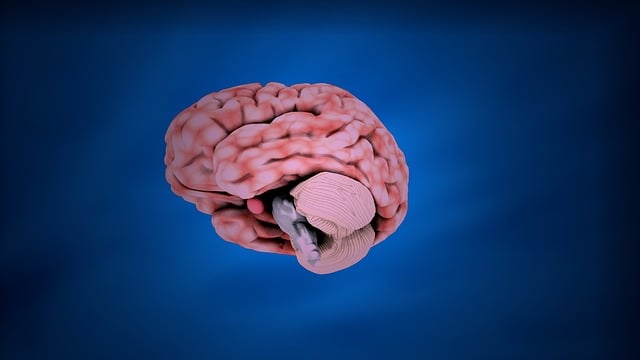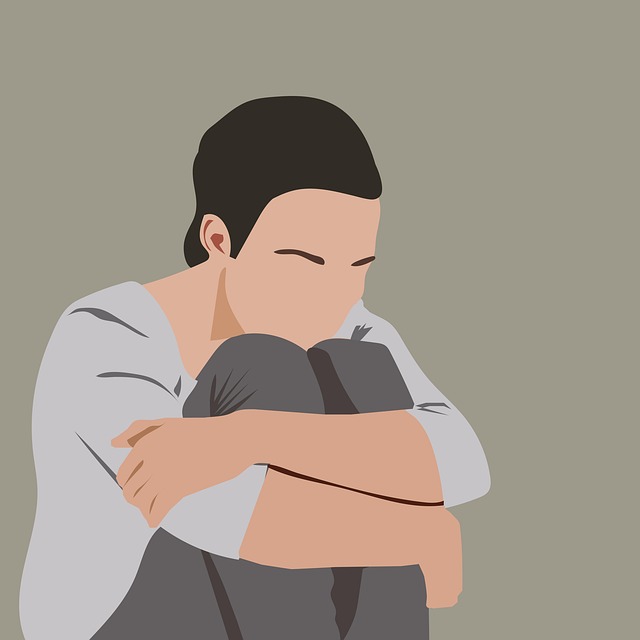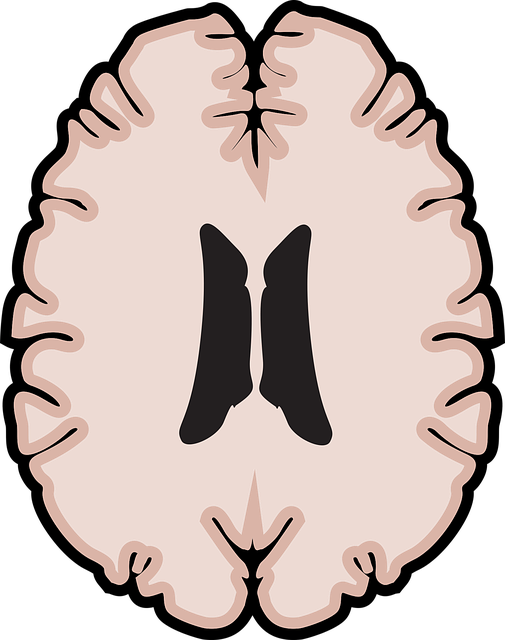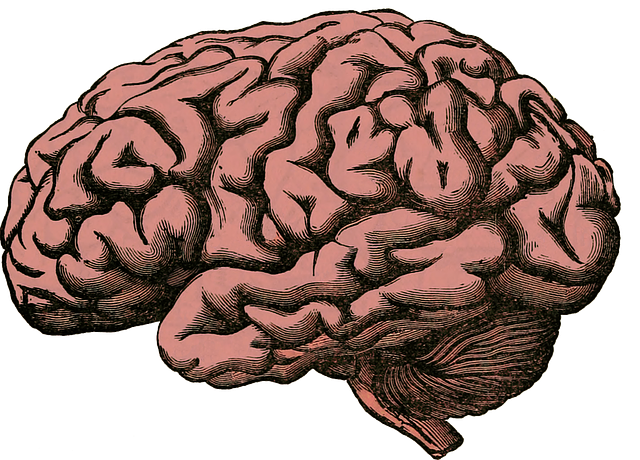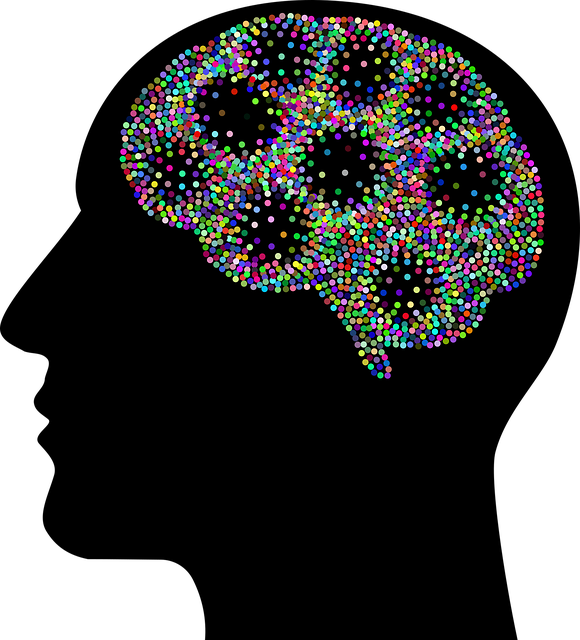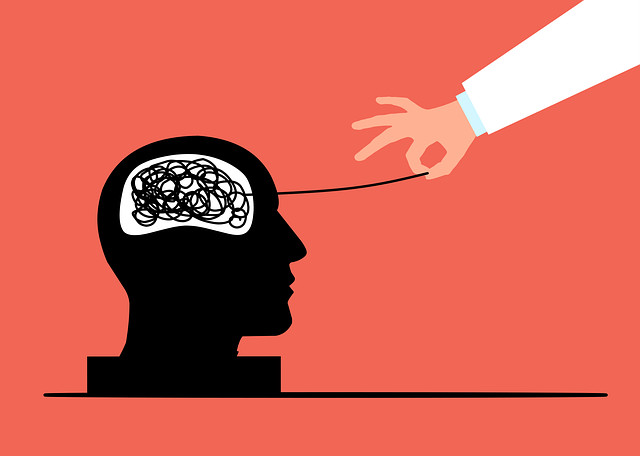Boulder Hebrew Speaking Therapy offers culturally sensitive counseling for individuals from diverse backgrounds dealing with loss, grief, and bereavement. They bridge cultural gaps by respecting unique expressions of sorrow and traditions, enhancing care and public understanding. Their specialized services in Hebrew create safe spaces for open communication and incorporate mindfulness meditation to promote self-awareness and healing. Through support groups, they foster empathy, resilience, and self-care routines, empowering individuals to navigate grief with a sense of belonging and cultural competency.
Loss, grief, and bereavement can profoundly impact individuals and communities. This article explores various aspects of healing after loss, guided by the lens of Boulder Hebrew Speaking Therapy. We delve into understanding different types of loss, sensitivity to cultural needs, the unique role of Hebrew-speaking therapists, effective therapeutic approaches, and the power of support groups. By examining these elements, we aim to provide insights into navigating grief and fostering growth during challenging times.
- Understanding Loss, Grief and Bereavement: A Sensitivity to Cultural Needs
- The Role of a Hebrew Speaking Therapist in Navigating Difficulties
- Therapeutic Approaches for Healing and Growth After Loss
- Finding Comfort and Strength Through Support Groups and Community
Understanding Loss, Grief and Bereavement: A Sensitivity to Cultural Needs

Understanding loss, grief, and bereavement is a nuanced process that demands sensitivity to cultural needs. In a diverse society like ours, where individuals come from various ethnic and religious backgrounds, it’s crucial for counseling services, such as those offered by Boulder Hebrew Speaking Therapy, to be culturally competent. This means recognizing and respecting the unique ways different cultures express and cope with grief. For instance, some cultures may emphasize collective mourning practices while others promote individualistic expressions of sorrow.
Boulder Hebrew Speaking Therapy plays a vital role in bridging cultural gaps through tailored counseling. They not only provide support for the bereaved but also offer insights into cultural traditions and rituals related to loss. This approach ensures that mental health professionals are equipped to handle diverse client needs, thereby enhancing public awareness campaigns focused on grief and bereavement. Moreover, by understanding cultural nuances, these therapists contribute to effective risk management planning for mental health professionals, fostering a more inclusive and supportive environment for all.
The Role of a Hebrew Speaking Therapist in Navigating Difficulties

In a culture where language plays a profound role in shaping emotions and experiences, having a Hebrew-speaking therapist can significantly enhance the therapeutic process for individuals navigating loss, grief, and bereavement. Boulder Hebrew Speaking Therapy offers a unique approach to mental health support, addressing the specific needs of the Jewish community. These therapists are equipped not only with expertise in counseling but also with a deep understanding of Hebrew cultural nuances, allowing them to provide tailored care. By offering services in the native language, they create a safe and comfortable environment, fostering open communication about sensitive topics like grief.
This specialized therapy is particularly beneficial for those dealing with the complex emotions that arise from loss. It can help individuals process their feelings, gain perspective, and develop healthy coping mechanisms. Moreover, Hebrew-speaking therapists can incorporate cultural aspects into the counseling process, addressing unique challenges faced by bereaved individuals within their community. Through this personalized approach, Boulder Hebrew Speaking Therapy ensures effective support for mental health, offering anxiety relief and valuable mental health education while promoting cultural competency among healthcare providers.
Therapeutic Approaches for Healing and Growth After Loss

Healing from loss is a deeply personal journey, and various therapeutic approaches can aid individuals in navigating their grief and fostering growth. Boulder Hebrew Speaking Therapy offers unique and effective strategies to support those dealing with bereavement. One powerful method is incorporating mindfulness meditation practices into counseling sessions. By focusing on the present moment and cultivating non-judgmental awareness, individuals can learn to accept and manage their emotions associated with loss. This practice encourages self-awareness exercises that help clients understand and process their feelings, fostering a sense of peace and resilience over time.
Additionally, therapists may utilize mental health policy analysis and advocacy techniques to empower clients. Educating individuals about the impact of grief on overall mental well-being and providing tools for self-advocacy empowers them to seek appropriate support. Through these therapeutic approaches, Boulder Hebrew Speaking Therapy aims to facilitate a transformative process, enabling clients to heal from loss while cultivating strategies for long-term emotional growth.
Finding Comfort and Strength Through Support Groups and Community

For many individuals navigating loss, grief, and bereavement, finding a supportive community can be a powerful tool for healing. Support groups offer a safe and non-judgmental space where people can connect with others who share similar experiences. These groups provide an opportunity to express feelings, share stories, and gain invaluable understanding from those who have gone through similar journeys. At Boulder Hebrew Speaking Therapy, we recognize the therapeutic benefits of community, fostering environments that encourage open dialogue and foster empathy building strategies essential for healing.
Through these connections, individuals can find comfort, strength, and a renewed sense of purpose. Support groups often incorporate mind over matter principles, helping members reframe their experiences and cultivate resilience. Additionally, they promote the development of self-care routine development for better mental health, encouraging healthy coping mechanisms and self-compassion. By tapping into the collective wisdom and support of peers, individuals can begin to navigate their grief with increased resilience and a sense of belonging.
In navigating loss, grief, and bereavement, a supportive environment tailored to individual needs is invaluable. From cultural sensitivity to specialized therapy like Boulder Hebrew Speaking Therapy, various resources offer healing and growth. Support groups and community connections provide comfort and strength during challenging times. By combining therapeutic approaches with understanding, individuals can find their path toward recovery and rediscover joy in life after loss.

